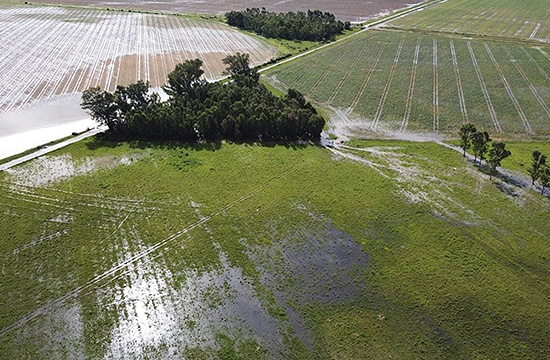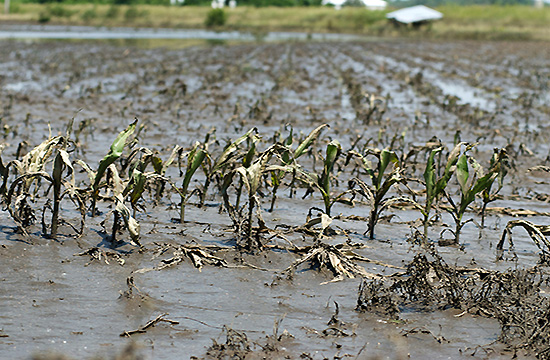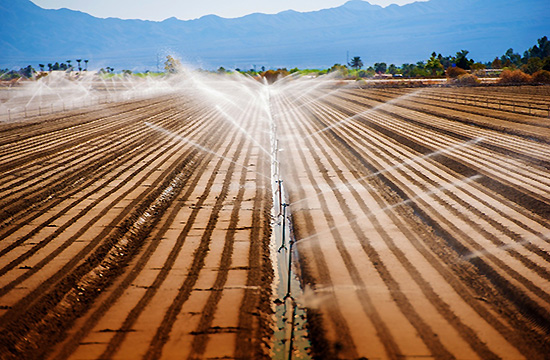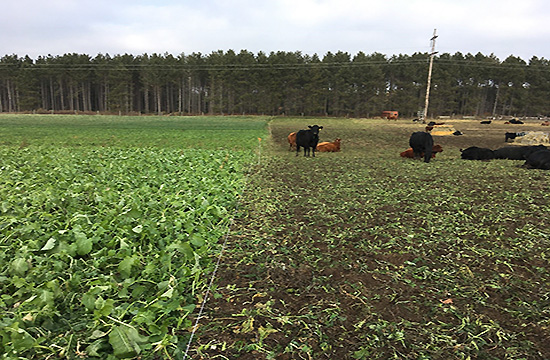
The growing challenge of shifting seasons presents a significant concern for modern agriculture, as it involves adapting to changes in weather patterns, growing seasons, and precipitation.
Understanding the multifaceted nature of seasonal shifts and their implications for crop production and agricultural practices is essential to developing effective strategies to address this challenge.
Seasonal shifts profoundly impact agriculture, affecting planting and harvesting schedules, water availability, and pest management. Changes in precipitation patterns, temperature extremes, and shifting growing seasons disrupt agricultural practices, leading to challenges in crop yields and livestock management.
These impacts underscore the urgent need for adaptive strategies to mitigate the vulnerabilities of modern agriculture to seasonal shifts.


Adapting to seasonal agricultural shifts presents numerous challenges and barriers. Logistical hurdles, financial constraints, and technological disparities hinder the implementation of adaptive strategies to mitigate the impacts of shifting seasons.
Additionally, the complex web of stakeholders involved in the agricultural sector adds to the complexity of finding common ground and driving change to ensure sustained productivity in the face of seasonal shifts.
The urgency to adapt to seasonal shifts in modern agriculture has never been greater. Recognizing the causes, impacts, and barriers associated with seasonal changes is crucial in mobilizing collective action to preserve food security, ensure sustainable agricultural practices, and promote economic resilience.
Immediate and concerted efforts are necessary to safeguard the well-being of agricultural systems and secure their ability to provide essential services to human societies.


Strategies for adapting agriculture to seasonal shifts include resilient crop varieties, water-efficient irrigation systems, and climate-smart agricultural practices. Implementing effective policies, fostering stakeholder collaboration, and raising awareness about the importance of agricultural resilience are essential components of adaptive strategies.
The urgency to significantly accelerate the transition to sustainable practices is paramount to address the escalating challenges of seasonal shifts and protect the well-being of agricultural systems and human communities.

